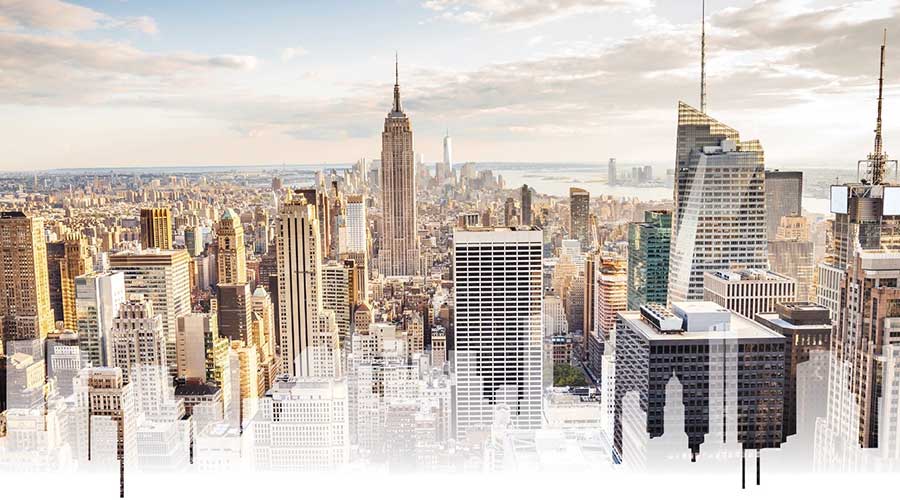
“Real estate cannot be lost or stolen, nor can it be carried away. Purchased with common sense, paid for in full, and managed with reasonable care, it is about the safest investment in the world.” – Franklin D. Roosevelt
Real estate is one of the most favoured forms of investment option for Indians. People prefer to invest in the Real estate because it has the potential for price appreciation and a steady rental yield of about 7-8%, compared to other assets such as bank FD (~3%).
The Indian real estate is projected to reach a market size of USD 1 trillion by 2030 and contribute nearly 13% of the country’s GDP by 2025. By 2040, the real estate market is expected to grow to USD 9.30 Billion from USD 1.72Billion in 2019.
However, the past few years have been tough for the residential sector. There has been little or no price appreciation.
Commercial real estate (CRE), on the other hand, was doing well over the past years. It includes offices, warehouses, data centres, hospitals, etc. But with the onset of Covid-19, most offices have been functioning fully remote since long. Many companies will be pursuing a hybrid work model post the pandemic and that will reopen the demand for commercial spaces.
The Indian Grade A office real estate remained the most preferred class for investors despite the lockdown and work-from-home culture. This segment attracted an equity investment of $3.1 billion in 2020 compared to $2.8 billion in 2019, as per a report published by India Real Estate Outlook.
The office market in the top eight cities of India listed a transaction of 22.2 MSF from July 2020 to December 2020. The share of sectoral occupancies can be represented as below.
In 2020 3PL, e-commerce, Manufacturing, and Retail accounted for 34%, 26%, 24% and 9% of office space leases, respectively.
The retail and warehousing segment accounted for a private equity investment of USD 220 million and USD 971 million, respectively, in 2020.
Some of the significant investment in Commercial real estate is as follows:
Changing dynamics and the road ahead
With the roll-out of the vaccine, the second half of 2021 might see a return to everyday life. However, new concepts like satellite offices and micro-markets are picking up. Many companies are setting up their offices outside the primary CBDs to make it easier for their employees to commute amidst travel restrictions. This has led to increased demand for office spaces in micro markets. As the population is growing, expanded city limits have created a severe hassle for commuting. As per a report, Indians spend 7% of their day commuting. This has given rise to the concept of a “15-minute neighbourhood”, wherein people live in close proximity to their offices. This has led to mushrooming of residential complexes near Tech-Parks.
SEBI has approved the RETI platform, which will create an opportunity worth Rs.125 million. The increasing FDI flow in Indian real estate is increasing transparency and competitiveness. It is expected to attract an FDI of nearly USD 8 billion by Financial year ‘22.
The future of Indian Real estate holds a positive picture in the coming year.
POSTED BY
Team 13SQFT